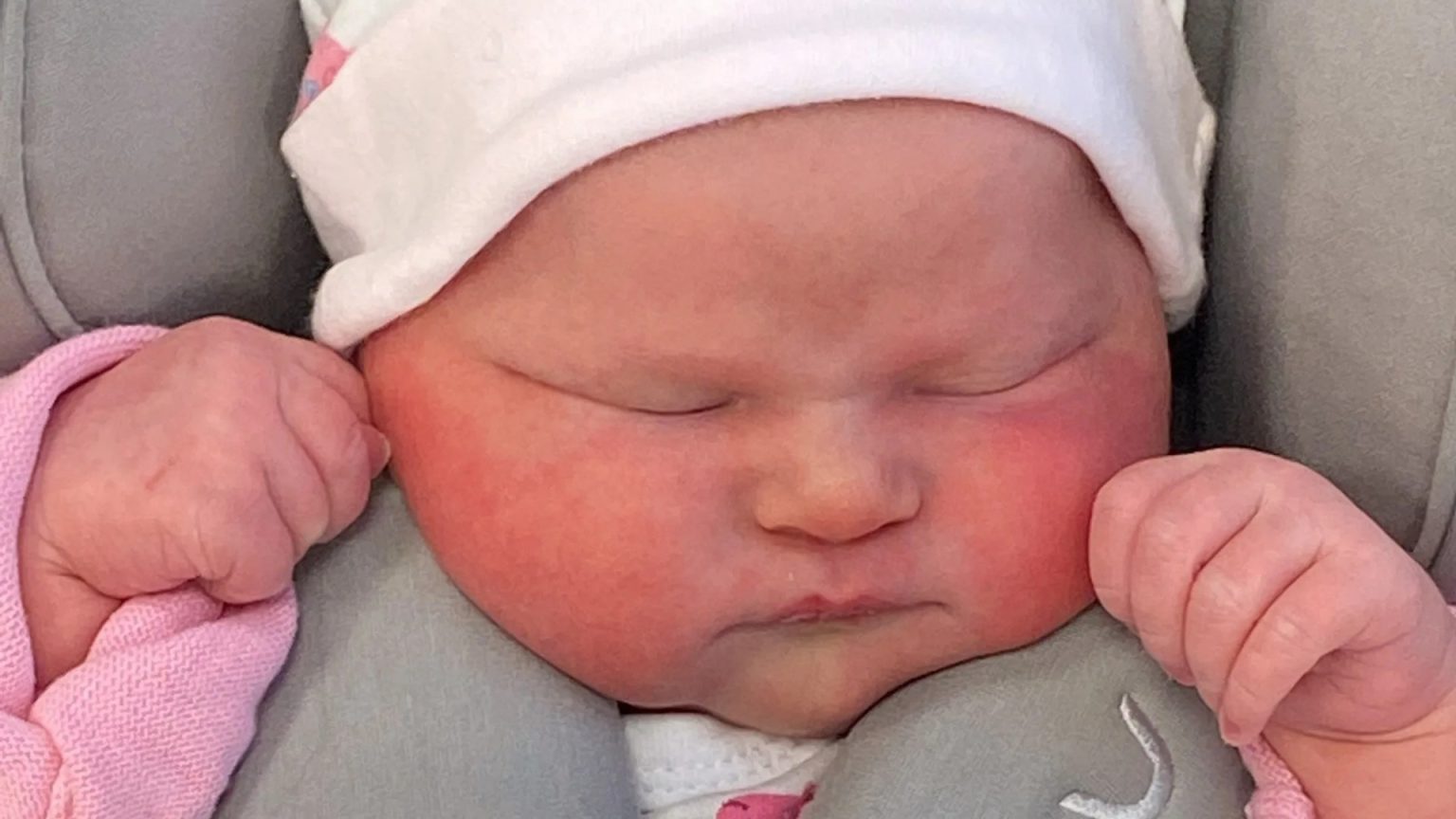The inquest into the death of three-day-old Wyllow-Raine Swinburn revealed that she died as a result of hyperinsulinism, a genetic disorder that caused her to develop hypoglycemia, leading to heart and lung failure. Despite the 31-minute wait for an ambulance, it was determined that it did not directly contribute to her death, but the family still waited “far too long”. The coroner, Darren Salter, announced that he would be sending a Prevention of Future Deaths report to South Central Ambulance Service NHS Trust to review their procedures for handling 999 calls and providing ambulances during emergencies. The BT critical call process was also discussed during the inquest, with the coroner stating that he would write to BT to understand if automatic messaging may have disrupted the call handler’s ability to hear clearly.
Amelia-Jayne Pill, Wyllow-Raine’s mother, made a 999 call when her daughter appeared to stop breathing in the early hours of the morning. It took eight minutes for the call to be answered, and the ambulance arrived more than 30 minutes after the call was made. Despite efforts by the family to perform CPR on Wyllow-Raine, she was pronounced dead shortly after arriving at John Radcliffe Hospital in Oxford. The inquest, which spanned two days, heard evidence regarding the ambulance response delay, the care provided to Amelia-Jayne during her pregnancy, and the care provided to Wyllow-Raine before she was sent home from the hospital.
Differing perspectives were presented during the inquest, with Dr. Mark Anthony, a Neonatologist, acknowledging that Wyllow-Raine’s high-pitched cry could have been recognized as a warning sign of hypoglycemia. Karen Skillicorn-Aston of South Central Ambulance Service admitted that the family’s wait for the emergency call to be answered and the subsequent wait for the ambulance was “awful”. Measures have since been put in place to improve communication between call handlers and ambulance staff to reduce waiting times. Wyllow-Raine’s family, represented by legal professionals, expressed their disappointment with the delayed emergency response and called for an independent review of the maternity care standards at Oxford University Hospitals NHS Trust to prevent future incidents like this.
Amelia-Jayne Pill, Wyllow-Raine’s mother, expressed her gratitude for the answers obtained through the inquest process but highlighted the failures in the NHS emergency response system that led to delays in their daughter’s care. The family called for an overhaul of the system to prevent other families from experiencing similar tragedies. The coroner’s decision to write to South Central Ambulance Service with a report outlining concerns about response times was seen as a step in the right direction. The family’s solicitor echoed these sentiments, emphasizing the seriousness of the delays and the need for improved staffing and care practices in postnatal wards. Despite the conclusion of the inquest, the family remains committed to raising awareness and advocating for better care for newborns in the future.
In a narrative conclusion at Oxfordshire Coroner’s Court, Mr. Salter addressed the serious issues surrounding the delays in response time and the missed warning signs during Wyllow-Raine’s care. He acknowledged the distressing nature of a medical emergency involving a child and emphasized the importance of timely and thorough care. The family’s desire to continue campaigning for improved maternity care and emergency response procedures reflects their determination to prevent other families from going through the pain and anguish they experienced. The tragic death of Wyllow-Raine Swinburn has sparked important conversations about the importance of timely and effective emergency medical care for newborns and infants.











